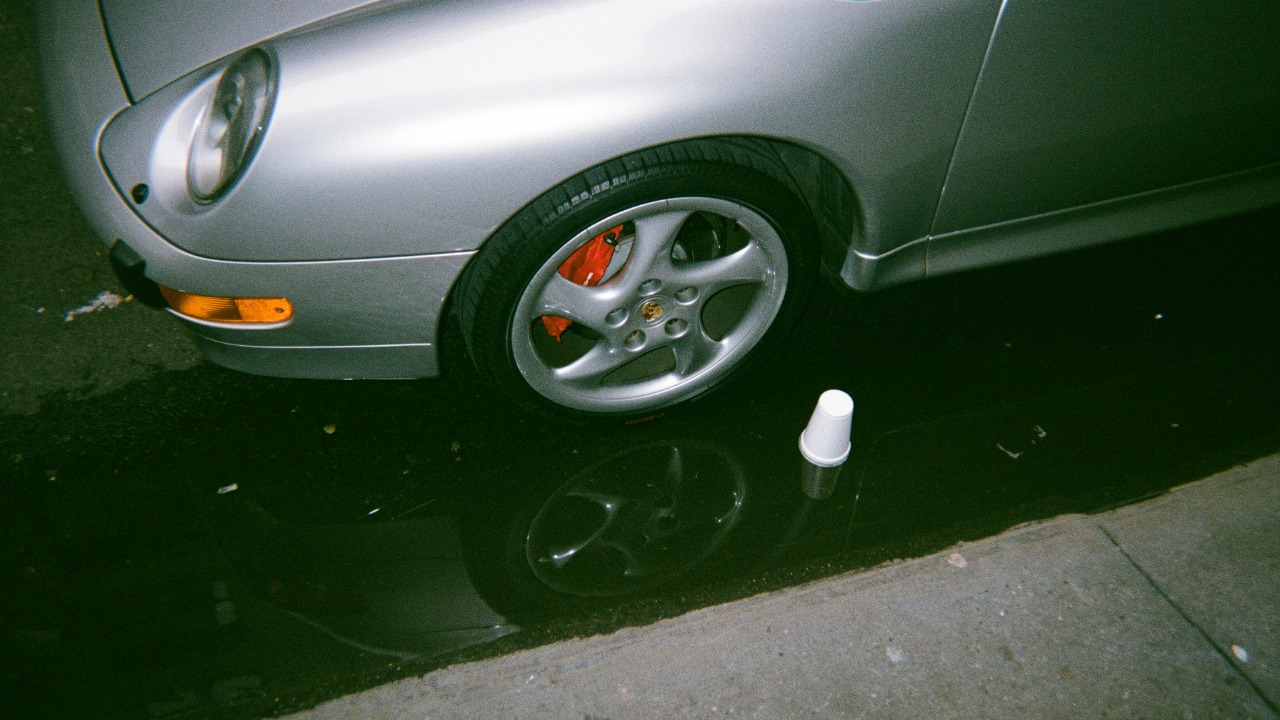
As winter approaches, the risk of rodent damage to vehicles increases, leading to a surge in related insurance claims. To protect your car and potentially save on repair costs, consider these four proven strategies.
Seal and Inspect Vehicle Entry Points
With the rise in rodent damage claims during colder months, it’s crucial to be proactive in monitoring and deterring these pests. Regularly inspect your vehicle for potential entry points, such as gaps under the hood and around wiring. Sealing these access points can significantly reduce the likelihood of costly rodent intrusions.
Apply Natural Rodent Repellents
Another effective strategy is the use of natural rodent repellents. Techniques such as applying peppermint oil or mothballs on engine components have been proven to deter rodents. These methods, as outlined in Consumer Reports, can directly address the vulnerability of your vehicle to chew damage without the use of harmful chemicals.
Maintain a Clean Under-Hood Environment
Keeping a clean under-hood environment is another essential step in preventing rodent damage. As per AAA’s tips to avoid breakdowns, removing food debris and seeds from your engine bay can eliminate attractants for rodents seeking shelter. Regular maintenance and cleanliness can go a long way in keeping your vehicle rodent-free this winter.
Park Strategically to Minimize Exposure
Finally, consider where you park your vehicle. With the increasing importance of prevention in mind, opt for parking in garages or elevated spots to limit ground-level access for rodents. This strategy complements AAA’s winter preparation advice and contributes to overall vehicle safety. Remember, your insurance coverage may depend on the preventive measures you take, as highlighted in Which?‘s report on winter coverage considerations.
In conclusion, protecting your vehicle from rodent damage requires a combination of regular inspections, the use of natural repellents, maintaining cleanliness, and strategic parking. By implementing these strategies, you can ensure your vehicle remains safe and damage-free throughout the winter months.
More from MorningOverview